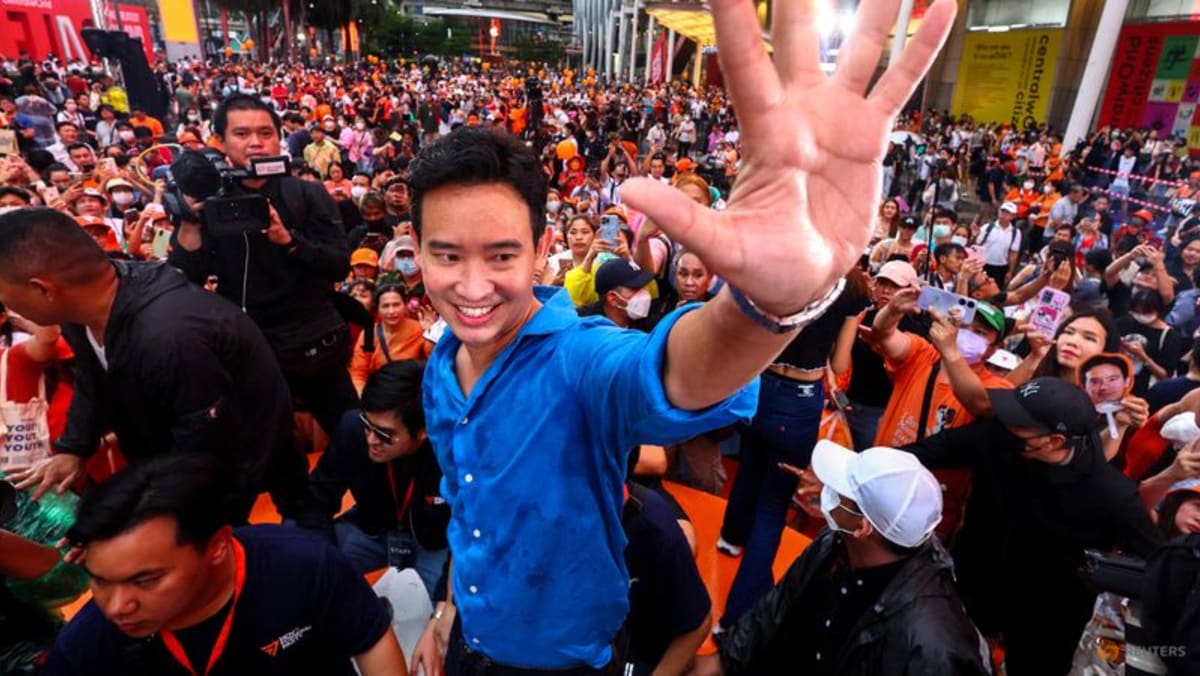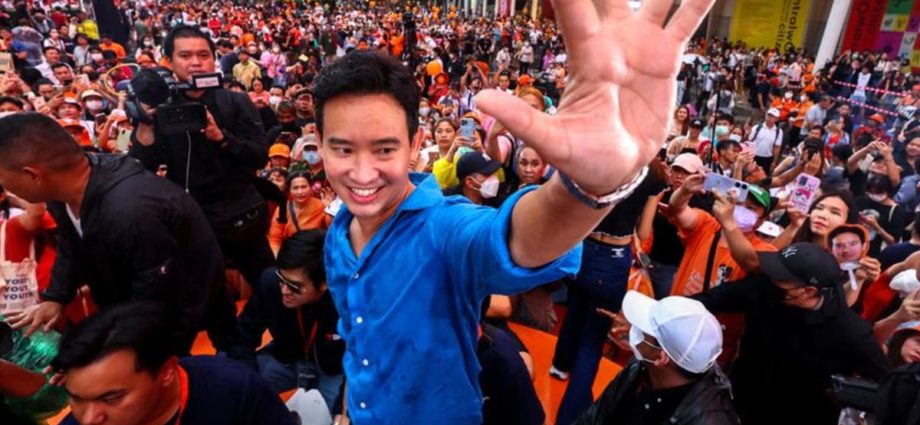
But the battle over who gets the job could lead to weeks or even months of deadlock thanks to the votes of a 250-seat Senate, appointed by a junta, that could block the election-winning progressive alliance from securing its choice in a combined vote of both chambers.
The system was set out in a constitution drafted after a 2014 coup led by then-army chief Prayuth Chan-ocha, the prime minister whose party lost badly in the May election.
Much depends on whether Move Forward’s main ally, second-place winner Pheu Thai, sticks with it or seeks other coalition partners if Pita’s bid looks doomed.
King Vajiralongkorn, 70, who has no role in choosing a government, has remained silent on the lese majeste issue since the election. The Royal Palace did not respond to a request for comment.
SWEEPING CHANGE
Move Forward’s proposed amendment reflects cultural changes that have in a few years swept Thailand, where the monarch has for decades been held up as almost semi-divine.
On the surface, much remains the same. The king’s portrait hangs on city streets and buildings. The nightly Royal News airs the royal family’s good deeds.
But subtle changes are evident. In cinemas, many no longer stand for the royal anthem before every film. Satirical memes spring up on social media before the government orders them removed.
The biggest change, however, is political. In the last election in 2019, no party would have dared suggest amending the lese majeste law.
But Move Forward not only dared, it won the most seats in May though the amendment was only one plank of a progressive platform.

